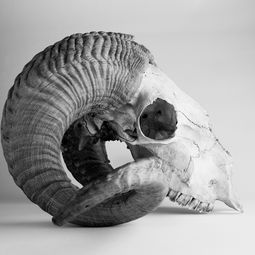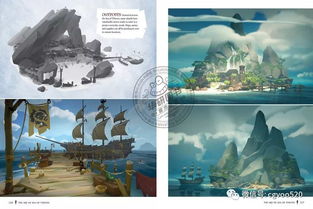
When it comes to fishing by the lake, the tranquility of the surroundings can be both soothing and challenging. Whether you're a seasoned angler or a beginner, mastering the art of fishing at a lake requires a blend of patience, knowledge, and practical skills. In this article, we'll delve into the essential tips and methods to help you become a proficient lake fisherman.
Choosing the Right Equipment
The first step in lake fishing is to ensure you have the right equipment. Here's what you'll need:
Rod and Reel: Select a rod and reel that match the type of fish you're targeting. Lighter rods are ideal for panfish, while heavier rods are better for larger species like bass or pike.
Line: Choose a line that matches the size of your hook and the strength of the fish you expect to catch. Monofilament is versatile and easy to work with, while fluorocarbon is nearly invisible underwater and ideal for stealthy presentations.
Hooks: Use the appropriate size and type of hook for the fish you're targeting. For example, smaller hooks are better for panfish, while larger hooks are needed for bigger fish.
Lures and Baits: Bring a variety of lures and baits to cover different fishing scenarios. Soft plastics, spinnerbaits, jigs, and live bait can all be effective depending on the conditions and the species you're after.
Tackle Box: Have a tackle box on hand to store your hooks, sinkers, swivels, and other essentials.
Understanding Lake Conditions
Before you cast your line, it's crucial to understand the lake's conditions:
Weather: Check the weather forecast and dress accordingly. Wind, temperature, and cloud cover can all affect fish behavior.
Water Temperature: Fish are most active in water temperatures between 55°F and 75°F (13°C to 24°C). Pay attention to seasonal changes in water temperature.
Water Clarity: Clear water can be challenging for fishing as fish may be more skittish. In such conditions, use lighter tackle and quieter presentations.
Cover: Fish often seek cover for protection. Look for areas with rocks, logs, vegetation, or drop-offs, as these can be prime spots for fish.
Fishing Techniques
Once you have your equipment and understand the lake conditions, it's time to apply some fishing techniques:
Cast and Retrieve: This is the most basic technique. Cast your lure or bait out, let it sink, and then retrieve it back to the boat or shore.
Jigging: Jigging involves moving your lure up and down in the water column. This technique is effective for species like walleye, pike, and bass.
Trolling: Trolling involves dragging your lure or bait behind a moving boat. It's great for covering water and can be effective for a variety of species.
Fishing from a Dock or Shore: If you're fishing from a dock or shore, try different casting angles and depths to find where the fish are holding.
Using Live Bait: Live bait can be very effective, especially for species like bass and catfish. Attach the bait to your hook using a bait holder or a simple knot.
Patience and Adaptation
Fishing is as much about patience as it is about skill. Here are some tips to help you stay patient and adapt to the fishing experience:
Be Patient: Fish don't bite on every cast. Wait for a natural rhythm and be patient for the strike.
Adapt to the Conditions: If you're not catching fish, try changing your lure, bait, or technique. Observe the fish behavior and adjust accordingly.
Stay Positive: Keep a positive attitude and enjoy the experience. Even if you don't catch fish, you'll have spent time in a beautiful setting and learned something new.
Learn from Others: Talk to other anglers and ask for advice. They can share valuable insights and help you improve your skills.
In conclusion, fishing by the lake can be a rewarding and enjoyable activity for anglers of all levels. By choosing the right equipment, understanding the lake conditions, applying effective techniques, and maintaining patience, you'll be well on your way to becoming a successful lake fisherman. Remember, the best anglers are those who learn from each experience and adapt to the ever-changing elements of fishing. Happy fishing!












